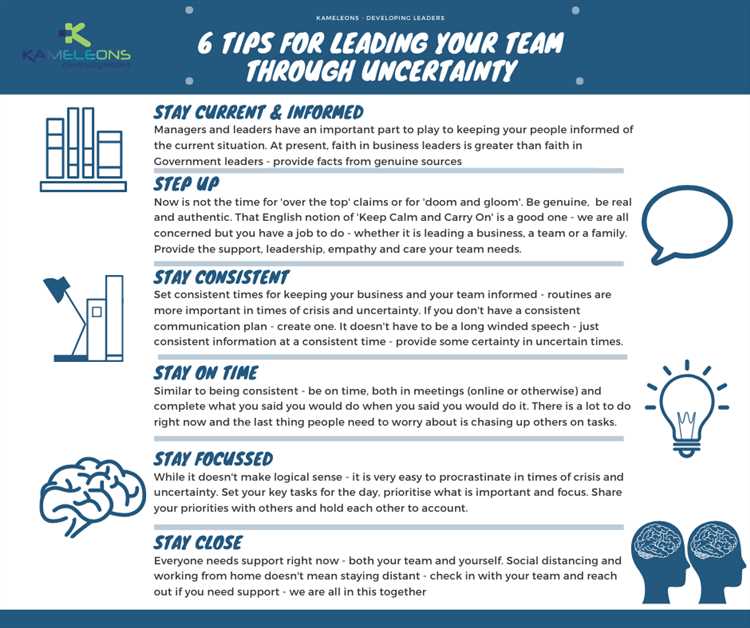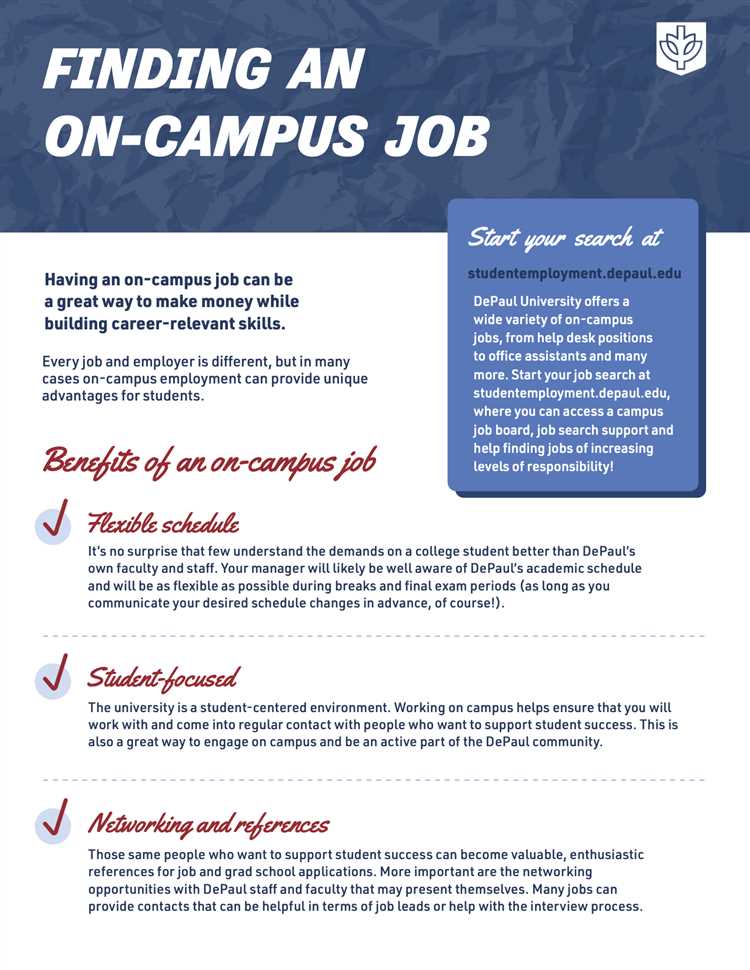As you navigate the realm of workplace compensation, there lies a crucial skill that can significantly impact your financial well-being – the ability to engage in discussions aimed at reaching a mutual agreement on the remuneration you receive for your contributions.
Successful salary negotiation is an art that requires a combination of preparation, communication, and persistence. Understanding how to effectively advocate for yourself and showcase your value can lead to not only a higher salary but also increased job satisfaction and professional development opportunities.
Prepare Before You Negotiate
Before engaging in discussions to reach a mutually beneficial agreement on your compensation package, it is essential to thoroughly prepare yourself. This involves researching industry standards, understanding your own worth and contributions, and setting clear goals for what you hope to achieve through the negotiation process.
Research current market trends, salary ranges for similar positions, and the company’s financial health to support your bargaining position. Understand your own strengths, accomplishments, and the value you bring to the organization to effectively communicate your worth. Set specific objectives for the negotiation, such as a desired salary range, additional benefits, or opportunities for growth, to guide your discussions and keep them focused on your priorities.
Research Market Rates and Company Policies
Before entering into negotiations with your employer, it is crucial to gather information on current market rates for your position as well as your company’s policies regarding salary. Being informed about industry standards and internal guidelines will help you make a strong case for the salary you deserve.
Build Your Case
When entering into discussions about your compensation, it’s crucial to prepare a strong argument that highlights your value and contributions to the company. By building your case effectively, you can convey your worth and increase your chances of securing a higher salary.
Highlight Your Achievements and Value
Showcasing your accomplishments and worth is crucial during discussions about compensation. By emphasizing your successes and the value you bring to the table, you can make a strong case for why you deserve a higher salary.
Master Negotiation Techniques
Enhance your bargaining skills and refine your communication strategies to increase your chances of securing a favorable deal during discussions related to compensation packages. By mastering the art of negotiation, you will be able to navigate salary conversations with confidence and achieve mutually beneficial outcomes.
- Develop active listening skills to truly understand the needs and perspectives of the other party.
- Practice assertiveness to clearly articulate your own objectives and expectations.
- Employ effective questioning techniques to gather information and uncover underlying interests.
- Utilize empathy to build rapport and establish a positive connection with your counterpart.
- Use persuasive language and compelling arguments to support your requests and proposals.
- Stay calm and composed under pressure, maintaining a professional demeanor throughout the negotiation process.
- Be prepared to walk away if the offer does not meet your minimum requirements, demonstrating your willingness to hold firm on your position.
- Foster a collaborative mindset, seeking mutually beneficial solutions that satisfy the needs of both parties.
- Continuously hone your negotiation skills through practice, feedback, and reflection on past experiences.
- Adopt a proactive approach by researching market trends and industry standards to better position yourself for successful negotiations.


